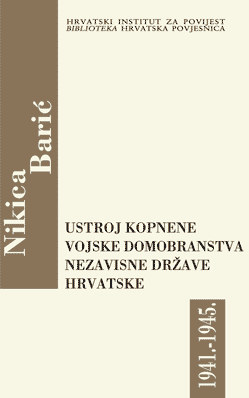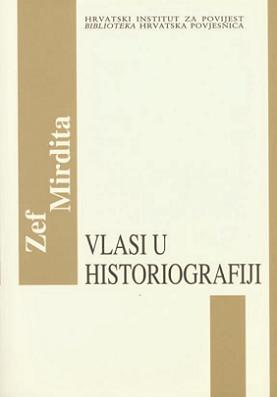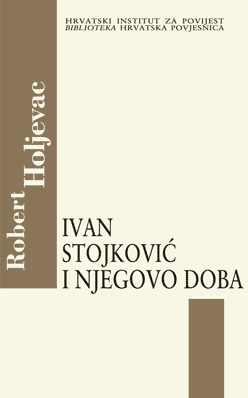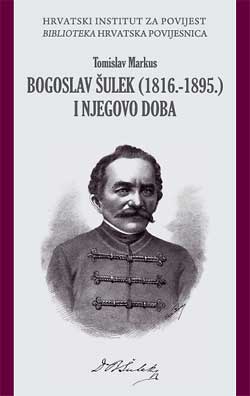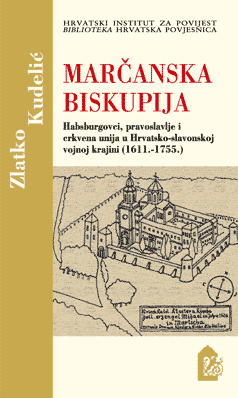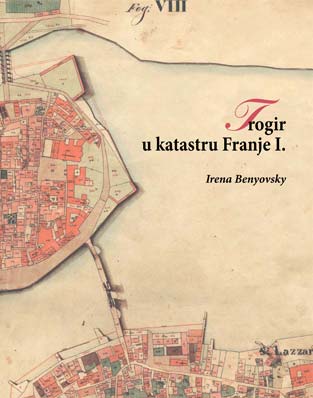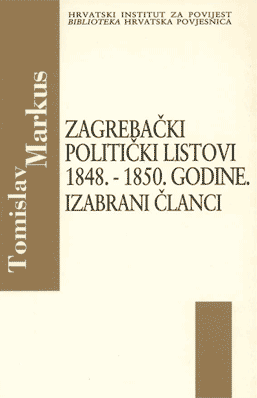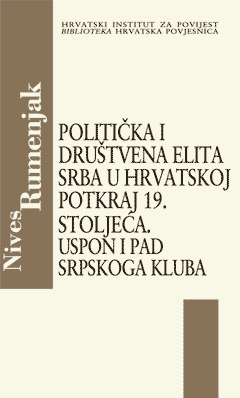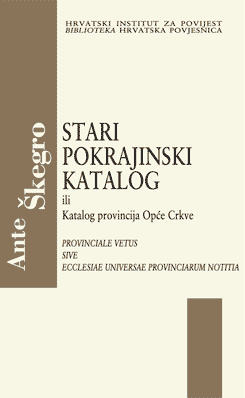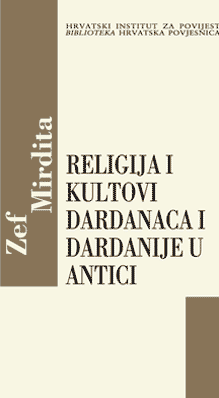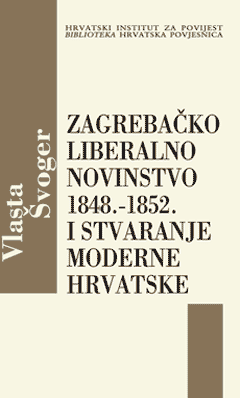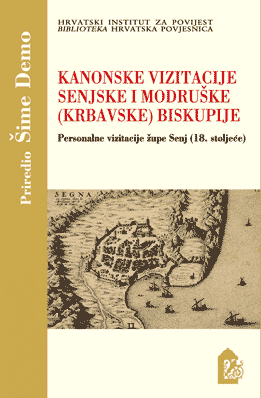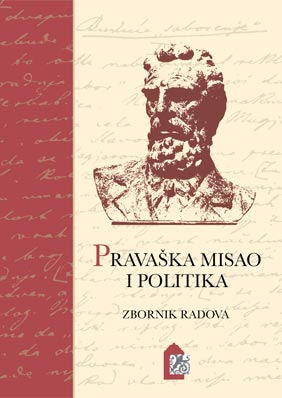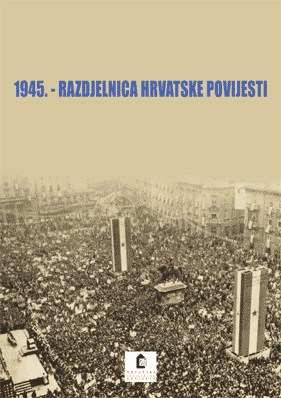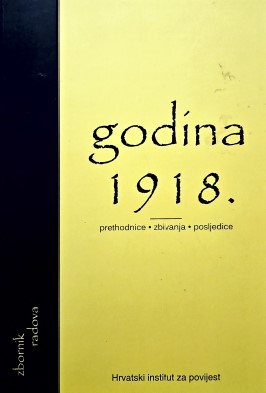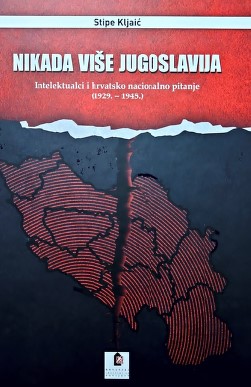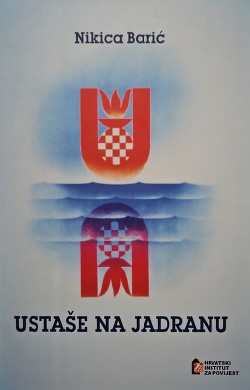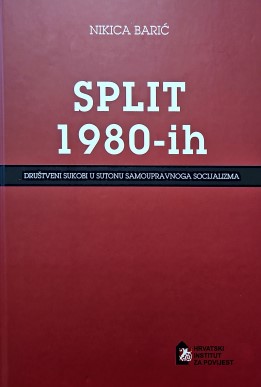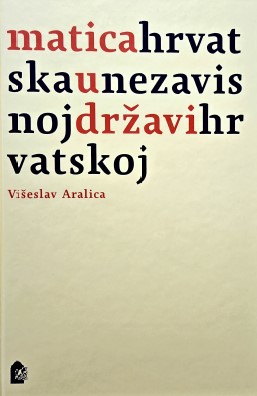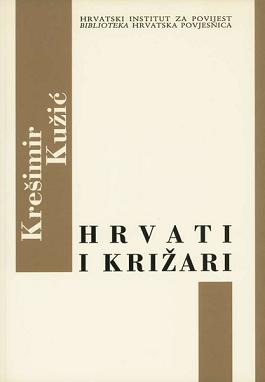
Croats and Crusaders
Hrvati i križari
Keywords: Crusaders; Catholic church; crusades; Synod of Clermont; Fifth crusade; King Andrew II; King Zvonimir; Holy Land;
The introductory chapter gives a theoretical outline of the term "crusades". This term was only introduced by the historians during the 19th century. Historians, depending of their national background, also gave different data on the total number of crusades. The author gives his methodological model for the research of crusades, dividing them according to the theologic and geographic terms of reference. It is important to distinguish whether crusades were "contra paganos" or "contra haereticos et schismaticos" and geographic position of war operations is equally important. If we take these elements into account, it is not easy to define each crusade. Difference between European centre and peripheral aereas must also be taken into account. All communities which possesed two vital elements - religious and political - gave continuous support to the crusades' idea. Therefore they were considered to belong to the centre of Europe (southern Italy under Norman control, Normandy province in France and Frisia). All other communities were considered peripheral.
More...
